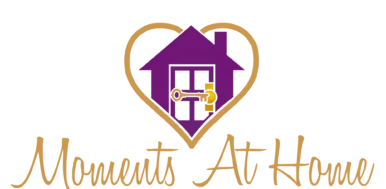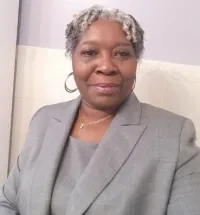Click or call for your free in-home safety assessment
Download a free Decision Guide to Senior Care
Call 847-497-0654
Blog

Let’s Talk About Those Genes
Family medical history is a record of the medical conditions that are found in your family. This becomes especially important when we are talking about our parent’s medical history, because we get our genes (or genetics, DNA) from our parents – ½ from our mom and the other ½ from our dad with the final product being YOU!
This information can help your doctor determine which screening tests you need and when you need to start screening for them. Let’s use diabetes Type II as an example. Diabetes affects the eyes, kidneys and the circulatory system (thereby affecting your blood pressure). If someone in the family had or has diabetes, the doctor may want to check your hemoglobin A1c (which is a blood test that can reveal your average blood sugar (glucose) levels for the past three months. It is much more accurate than a random finger stick.
To illustrate why knowing your family history is important, let’s say everyone was born with a glass. For some, that glass will be empty because their family medical history is such that everyone is pretty healthy. However, their glass can begin to fill due to air pollution, poor quality of drinking water, and/or consuming foods that contain carcinogens (cancer causing agents or chemicals). Others may be born with their glass already half full (due to genetic predispositions). Add to that multifactorial inheritance (like nutrition, alcohol, tobacco use, and lifestyle), coupled with someone in the family having the health condition, and their glass may begin to fill and overflow. When the glass overflows, it is a high probability that the person will develop the condition. The name of the game is to keep that glass from overflowing.
How Do We Obtain This Information?
Good question. The answer is by talking. And what better place to get information about the family that at a family gathering. Sit with the older relatives and let them share stories with you. Not only will you be bonding with family members, you will be learning about the family. You can even start a new trend at these gatherings by sharing what’s going on with you: when did you first notice any signs and symptoms? how old were you? Etc. Other sources can be death certificates, autopsy reports and of course medical records.
Which Relatives Do I Need to Know About?
When they take a medical history at your doctor’s appointment, they usually want to know about the First Degree relatives (or what is commonly referred to as the “immediate family”). Here is the hierarchy:
First Degree: Parents, Full siblings, and children
Then
2nd Degree: Half siblings, grandparents, aunts, uncles, nieces/nephews and grand-children
Then
3rd degree: First cousins, great aunts & uncles, great-grand parents, great-grand children, half aunts/uncles
The rule of thumb is the more distant the relative, the less likely their health history will impact you.
There are some specific conditions, other than the big three (cancer, diabetes and heart disease) that we need to consider when it comes to genetics, and they include:
Autism
Kidney disease
Learning problems
Mental illness (depression, anxiety, bipolar or schizophrenia)
Very tall or very short compared to the rest of the family
Thanksgiving is also National Family History Day. We can start the conversation this year during dinner or after dinner – but before the game! One thing we must note is that even if you don’t know your family medical history, you can still be at risk of developing a disorder…and vice versa. Knowing your history doesn’t necessarily mean you will develop the condition. But keep an eye on that glass.

Families like yours, choose Moments At Home
Moments At Home Respite Care And Home Services is dedicated to providing competent, trustworthy and compassionate care to you or your loved ones. We are a licensed home care agency in Illinois #3001686. Please call with any questions.
Contact
Moments at Home Respite Care
7627 Lake St Suite 206, River Forest, IL 60305


